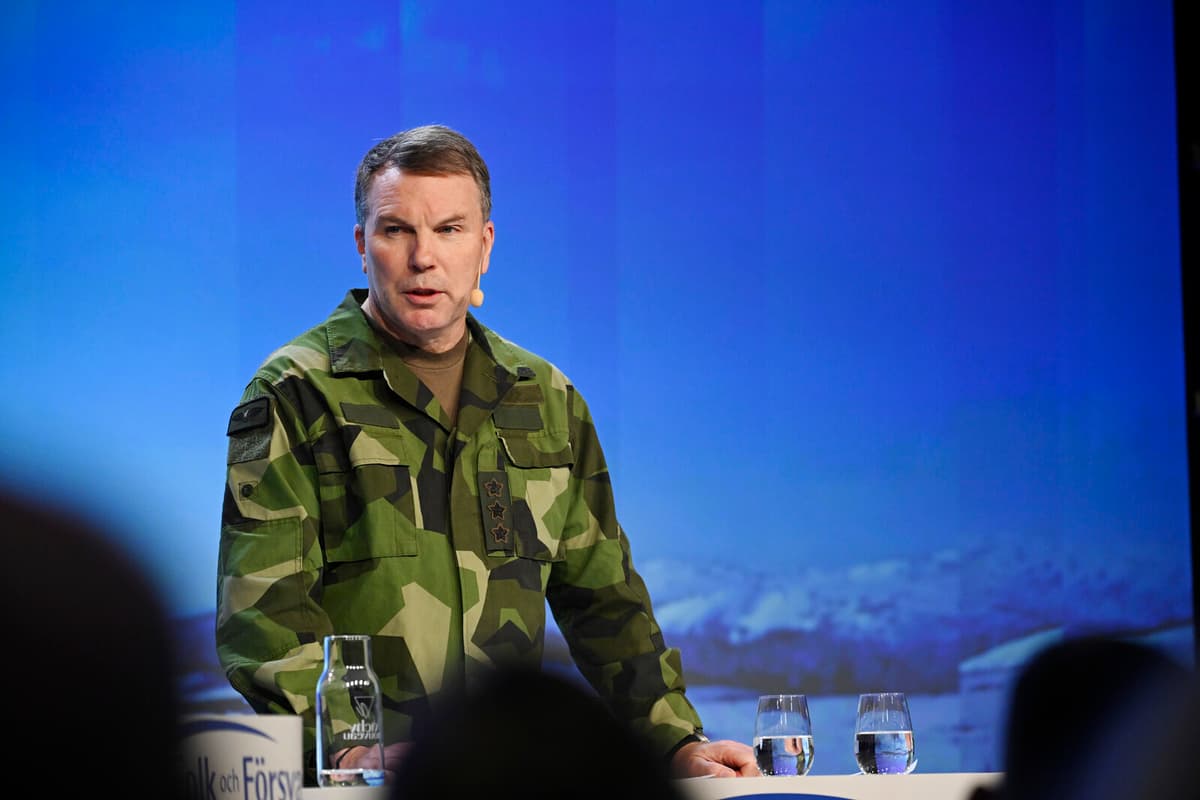The Military Intelligence and Security Service (Must) makes assessments in its annual review for 2024.
"We are living in a dangerous time – and we will be doing so for the foreseeable future", writes Must chief Thomas Nilsson.
The hybrid threat has changed towards "increased risk-taking from the Russian side". Must also highlights "new methods", such as carrying out attacks in European countries through unqualified intermediaries.
A number of events in Europe can be linked to Russian authorities and special services. This involves preparations and attempts at sabotage, increased intelligence gathering, cyber intrusions, and influence operations.
The purpose is often to create political divisions and to influence Western support for Ukraine.
At the same time, Must assesses that "the threat of an armed attack solely directed against Sweden has decreased" after NATO membership.
Russia is also not deemed to have the capability to carry out another large-scale military operation in the region as long as the war in Ukraine continues in its current scope.
Russia is preparing, according to Must, to be able to meet NATO's increased activities in the region.
This means that Russian forces in the region, not least the navy and air forces, through their activities can "increase the risk of mistakes leading to incidents and security policy crises that can involve NATO, including Swedish military units and civilian aircraft", writes Must.






